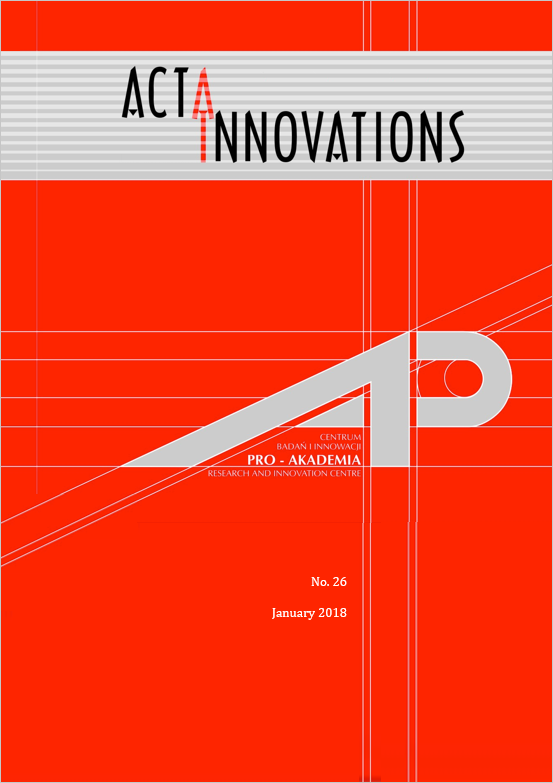INFLUENCE OF FISH COLLAGEN ON VISCOELASTIC PROPERTIES AND SOL-GEL PHASE TRANSITION
OF CHITOSAN SOLUTIONS
INFLUENCE OF FISH COLLAGEN ON VISCOELASTIC PROPERTIES AND SOL-GEL PHASE TRANSITION
OF CHITOSAN SOLUTIONS
Author(s): Anna Rył, Piotr OwczarzSubject(s): Agriculture
Published by: Centrum Badań i Innowacji Pro-Akademia
Keywords: Injectable scaffold; sol-gel phase transition; chitosan; fish collagen
Summary/Abstract: The thermosensitive hydrogels are widely used in tissue engineering due to their non-invasive application.Special interest of researchers, due to the specific characteristics of both materials, is aimed at composites of natural origin obtained from chitosan hydrogels combined with collagen. The mechanical properties of the thermosensitive chitosan-fish collagen hydrogels and the sol-gel phase transition parameters were determined by the rotational rheometry measurement techniques. Based on comparison of the obtained storage modulusG' curves, it was found that the addition of collagen negatively affects the mechanical properties of compositescaffolds. The addition of this protein substance decreases their elasticity. Only the smallest concentration(0.25g collagen/1 g chitosan) of collagen improves the mechanical properties of composite hydrogels, from 56kPa to 61 kPa. Conducted non-isothermal studies allowed to conclude that the addition of collagen causes an increasing temperature of sol-gel phase transition. However, the observed changes are not a monotone function of the biopolymer concentration.
Journal: Acta Innovations
- Issue Year: 2018
- Issue No: 27
- Page Range: 14-23
- Page Count: 10
- Language: English

